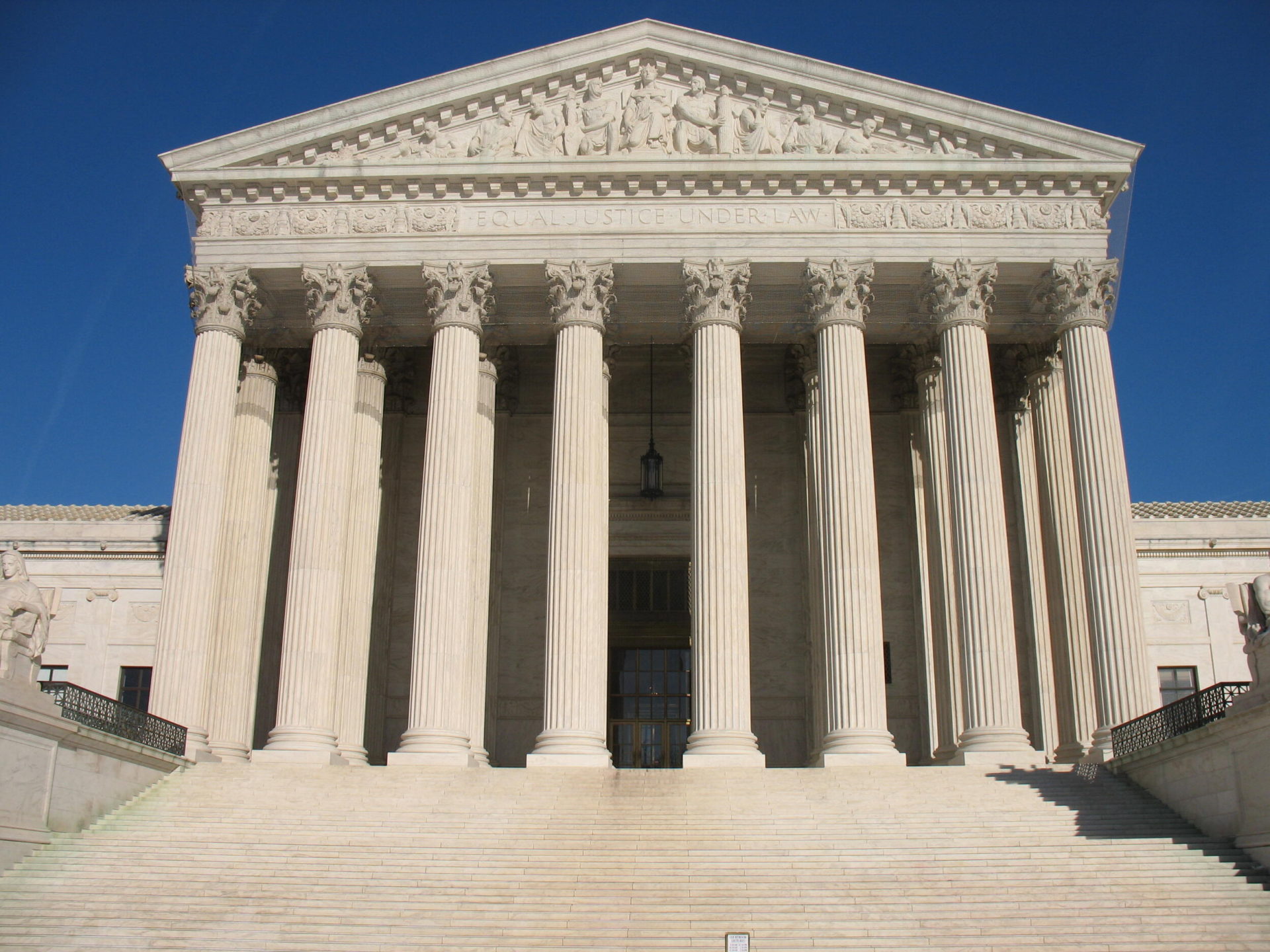
Last night, the Supreme Court ruled against Texas and President Trump when turning away an attempt to overturn election results in four states. The court issued a short, simple, unsigned order that ended what Trump had called the “Big One,” his most ambitious legal challenge to the election result:
The night before the opinion was issued, I tweeted:
Prediction – as I am about to tell @ChrisCuomo, the BEST @realDonaldTrump can hope for from SC is that they reject TX without comment….Because if this case draws any oped, it will surely be blistering.
— Michael Smerconish (@smerconish) December 11, 2020
I knew he’d lose. The question was how far the court would go in its explanation.
The answer is not far enough.
Even though it was a 9-0 decision, Justices Alito and Thomas were making a point about Supreme Court hearing disputes among states, not the merit of this case.
We’d have been better served if they had said more.
Such as when Judge Stephanos Bibas of the Third Circuit – appointed by Donald Trump – recently rejected a Trump campaign effort to overturn Pennsylvania results and wrote a 21-page opinion. In that opinion, the court said:
“Voters, not lawyers, choose the president. Ballots, not briefs, decide elections… Charges of unfairness are serious. But calling an election unfair does not make it so. Charges require specific allegations and then proof. We have neither here.”
Or at the U.S. District Court for the middle district of Pennsylvania, Judge Matthew Brann – a former Federalist Society member – wrote this in the court’s opinion:
“This court has been presented with strained legal arguments without merit and speculative accusations, unpled in the operative complaint and unsupported by evidence. In the United States of America, this cannot justify the disenfranchisement of a single voter, let alone all the voters of its sixth most populated state. Our people, laws, and institutions demand more.”
Instead, we are left with the Supreme Court dismissal of Trump’s lawsuit based on “standing,” meaning that Texas wasn’t a proper party to the action.
Legal experts widely panned the Texas challenge, but it was supported by 18 other attorneys general and 65% of the GOP caucus in the House, including 75% of the party house leadership. That kind of support gave the president’s thin case an imprimatur of credibility among republicans that will now make it harder for the public to understand the case had no merit.
And will make it harder for the public to understand that this had no merit.
For example, the Texas attorney general relied on the work of a statistician who argued that as of 3:00 a.m. on November 4 – the morning after the election – Joe Biden had a less than one in a quadrillion chance of winning the popular vote.
The probability of former-Vice President Biden winning the popular vote in the four defendant states – Georgia, Michigan, Pennsylvania, and Wisconsin – independently given president Trump’s early lead in those states as of 3:00 a.m. on November 4, 2020, is less than one in a quadrillion, or 1 in 1,000,000,000,000,000. For former-Vice President Biden to collectively win these four states, the odds of that event decreased to less than one in a quadrillion to the fourth power.
But that assumed the proportion of votes cast by mail – and still being counted – would be identical to those cast in person and were already tabulated. Anyone paying attention to the election knew that was not going to be the case.
It was The Red Mirage vs. The Blue Shift.
So now what?
On Monday, the Electoral College will do its job and ratify the election results. Then on January 6, House members will do likewise – no doubt notwithstanding some further attempts at mischief. And the entire time, President Trump will continue to raise money to fund his effort at running a shadow presidency for the next four years based on the premise that this election was stolen from him.
Too bad the Supreme Court did not set the record straight.
______________________________________________________________________________________________________________________

Michael Smerconish
Using the perfect blend of analysis and humor, Michael Smerconish delivers engaging, thought-provoking, and balanced dialogue on today’s political arena and the long-term implications of the polarization in politics. In addition to his acclaimed work as nationally syndicated Sirius XM Radio talk show host, newspaper columnist, and New York Times best-selling author, Michael Smerconish hosts CNN’s Smerconish, which airs live on Saturday at 9:00 am ET.
______________________________________________________________________________________________________________________






